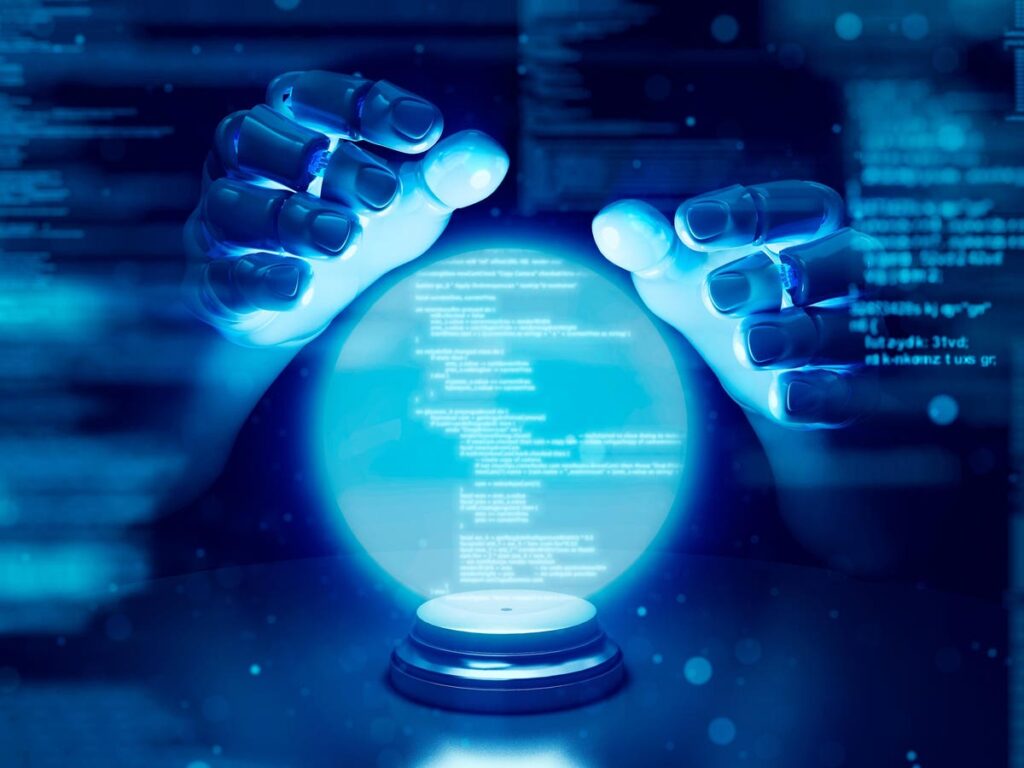
Daring to Use AI for Predicting Your Precise Death Date
The notion of predicting one’s precise death date using artificial intelligence (AI) may seem like a fictional concept straight out of a science fiction movie. However, this technology is already here and has the potential to revolutionize the way we approach our mortality. But before we dive into the benefits and drawbacks of such an AI-powered prediction tool, let’s explore how it works.
In theory, an AI algorithm can analyze various health factors, lifestyle choices, and environmental data to make a precise prediction about when you will pass away. This may sound daunting at first, but think of it as a wake-up call, encouraging individuals to take proactive steps towards maintaining their well-being.
As illustrated in a Forbes article, using AI for predicting one’s death date can be both a beneficial tool and a potential double-edged sword. On the positive side, this technology has the potential to motivate people to prioritize their health and make lifestyle changes that can have a profound impact on their overall longevity.
For instance, consider the hypothetical scenario presented in the article where AI predicts an individual’s death date to be significantly later than initially anticipated due to simple adjustments made to daily habits. This outcome could lead to increased engagement with healthcare professionals for regular check-ups and preventative care.
On the other hand, there are significant drawbacks to this technology. For one, AI is only as accurate as the data fed into it, so inaccuracies or misinterpretations of health metrics can have disastrous consequences. Moreover, the emotional toll of being confronted with an impending death date could be overwhelming for some individuals.
Therefore, it is crucial that these AI-powered prediction tools are designed with transparency and clear disclaimers to minimize potential harm. Additionally, they should be presented in a way that emphasizes the importance of self-care and encourages individuals to make informed decisions about their health.
It’s essential to consider the societal implications of this technology as well. By providing an AI-based death date prediction, we could potentially see people acting irrationally or making impulsive decisions based on their perceived mortality deadline.
As with any emerging technology, it’s crucial that lawmakers and regulators take a proactive approach in setting guidelines for its development, use, and dissemination. This includes ensuring accountability, ethical standards, and transparent communication about the limitations of these AI-powered prediction tools.
Ultimately, whether you believe using AI to predict your death date is beneficial or not depends on how we choose to harness this technology.
Source: www.forbes.com


